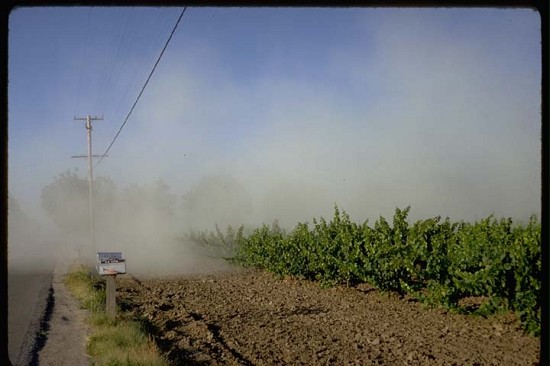For many years big agro has treated the world’s health as an economic externality, a problem for somebody else that did not affect its own bottom line. That is starting to change, most recently in Argentina.
Anthony Gucciardi wrote for NaturalSociety 11 April 2012, Explosive: Monsanto ‘Knowingly Poisoned Workers’ Causing Devastating Birth Defects,
In a developing news piece just unleashed by a  courthouse news wire, Monsanto is being brought to court by dozens of Argentinean tobacco farmers who say that the biotech giant knowingly poisoned them with herbicides and pesticides and subsequently caused ”devastating birth defects” in their children. The farmers are now suing not only Monsanto on behalf of their children, but many big tobacco giants as well. The birth defects that the farmers say occurred as a result are many, and include cerebral palsy, down syndrome, psychomotor retardation, missing fingers, and blindness.
courthouse news wire, Monsanto is being brought to court by dozens of Argentinean tobacco farmers who say that the biotech giant knowingly poisoned them with herbicides and pesticides and subsequently caused ”devastating birth defects” in their children. The farmers are now suing not only Monsanto on behalf of their children, but many big tobacco giants as well. The birth defects that the farmers say occurred as a result are many, and include cerebral palsy, down syndrome, psychomotor retardation, missing fingers, and blindness.
 This would be the same Monsanto that was convicted of chemical poisoning in France.
This would be the same Monsanto that was convicted of chemical poisoning in France.
But this is once again far away in a small country of which we know nothing, right? Wrong:
The farmers come from small family-owned farms in Misiones Province and sell their tobacco to many United States distributors. The family farmers say that major tobacco companies like the Philip Morris company asked them to use Monsanto’s herbicides and pesticides, assuring them that the products were safe. Through asserting that the toxic chemicals were safe, the farmers state in their claim that the tobacco companies ”wrongfully caused the parental and infant plaintiffs to be exposed to those chemicals and substances which they both knew, or should have known, would cause the infant offspring of the parental plaintiffs to be born with devastating birth defects.”
Still, it must be some obscure poison only sold in the third world, right?
Wrong:
 The majority of the farmers in the area used Monsanto’s Roundup, an herbicide with the active ingredient glyphosate that has shown to be killing human kidney cells. What’s more, the farmers say that the tobacco companies pushed Monsanto’s Roundup on the farmers despite a lack of protective equipment. In other words, these farmers — many in dire economic conditions — were being directly exposed to Roundup in large concentrations without any protective gear (or even experience or skills in handling the substance). Still, the farmers say the tobacco giants required the struggling farmers to ‘purchase excessive quantities of Roundup and other pesticides’.
The majority of the farmers in the area used Monsanto’s Roundup, an herbicide with the active ingredient glyphosate that has shown to be killing human kidney cells. What’s more, the farmers say that the tobacco companies pushed Monsanto’s Roundup on the farmers despite a lack of protective equipment. In other words, these farmers — many in dire economic conditions — were being directly exposed to Roundup in large concentrations without any protective gear (or even experience or skills in handling the substance). Still, the farmers say the tobacco giants required the struggling farmers to ‘purchase excessive quantities of Roundup and other pesticides’.
That would be the same Roundup that farmers use around here all the time, without protective equipment. The Roundup we already knew was
Continue reading →
 On the
graph to the right, the black triangle in the middle of the green is the median over those 55 years since 1957. The green is 25th to 75th percentile. The yellow is 10th to 24th percentile. The red is below 10th percentile. I’m guessing below the red means never been seen that low before in that month.
On the
graph to the right, the black triangle in the middle of the green is the median over those 55 years since 1957. The green is 25th to 75th percentile. The yellow is 10th to 24th percentile. The red is below 10th percentile. I’m guessing below the red means never been seen that low before in that month.








